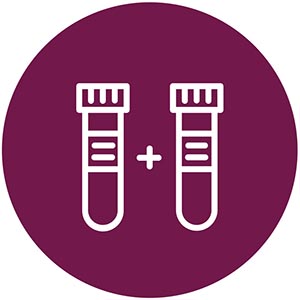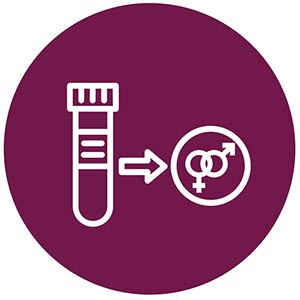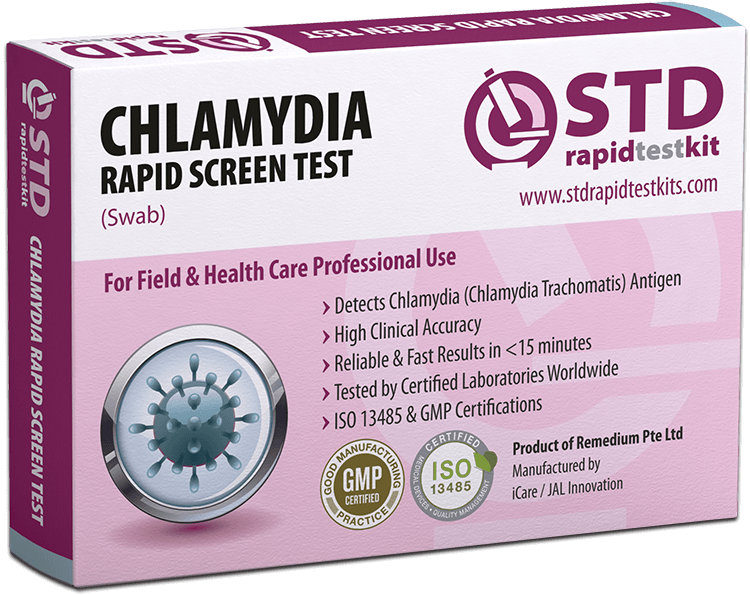Why oral gonorrhea is life threatening
Key Antibiotics for Chlamydia
Azithromycin and doxycycline top the list of most commonly used antibiotics for treating chlamydia. Doxycycline's usual prescription involves taking two capsules daily for one week, while azithromycin is typically given as a single dose of two to four tablets.
Importance of Correct Antibiotic Usage
Proper antibiotic treatment boasts a near-perfect success rate in curing chlamydia, provided it's taken as per the doctor's guidelines. Unsupervised antibiotic intake can lead to medical complications and even drug resistance. Remember to follow the prescribed dosage and complete the course of antibiotics. It's essential to confirm the infection through testing before starting antibiotic treatment. This can be done at a local GP, hospital/clinic, or using a rapid test kit.
Groups Requiring Antibiotic Treatment
Antibiotics are especially crucial for certain groups, such as:
- Individuals testing positive for chlamydia
- Newborns of mothers with a positive chlamydia test
- Sexual partners of chlamydia-positive individuals
- Persons showing chlamydia symptoms after recent unprotected sexual activity
It's critical to remember that antibiotic usage varies with the severity of illness. Consulting a medical professional is highly recommended over self-medication to avoid potential health risks, including antibiotic resistance or secondary infections.
Pregnancy and Antibiotics
Pregnant and breastfeeding women usually receive alternative antibiotics like erythromycin and amoxicillin due to potential effects on the fetus or newborn. The treatment approach is meticulously designed to prevent complications.
Possible side effects in pregnant/breastfeeding women include:
- Vaginal thrush
- Diarrhea
- Abdominal pain
- General discomfort
Azithromycin: A Versatile Antibiotic
As a macrolide-type antibiotic, azithromycin treats not only chlamydia but also a wide range of bacterial infections. It inhibits bacterial growth by binding to specific parts of bacterial ribosomes. Proper administration of azithromycin is crucial to its effectiveness, hence the necessity for strict adherence to medical advice.
Doxycycline: A Broad-Spectrum Antibiotic
Doxycycline, a member of the tetracyclines group, treats various bacterial infections, including chlamydia. It operates similarly to azithromycin, binding to specific parts of bacterial ribosomes and inhibiting their growth.
Doxyxycline is usually taken orally on an empty stomach, around an hour before or two hours after meals, as per the doctor’s instructions. While this antibiotic proves effective, it may cause some side effects, which can vary based on individual body metabolism. These may include:
- Headaches
- Diarrhea
- Skin sensitivity to sunlight
- General discomfort
Sexual Activity Post-Antibiotic Treatment
Engaging in sexual activity, especially unprotected, is discouraged while undergoing antibiotic treatment. You may resume sexual activities a day after completing the antibiotic course.
Re-evaluation of Chlamydia Treatment
While re-testing post-treatment is not mandatory, it is recommended if antibiotics were improperly taken, symptoms persist, or unprotected sex occurred before finishing the treatment. Regular follow-ups ensure your well-being and the effectiveness of your treatment.





